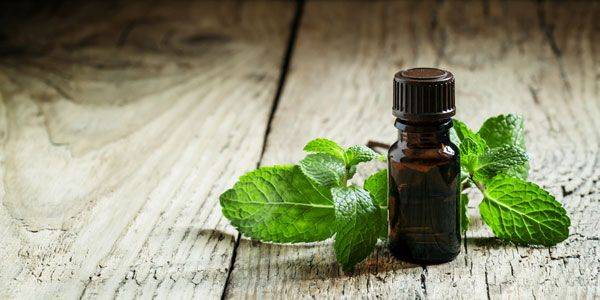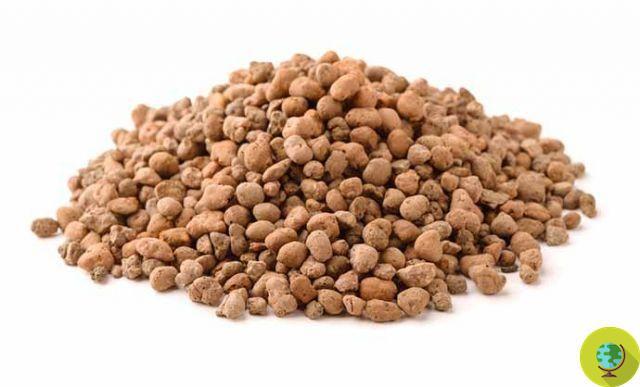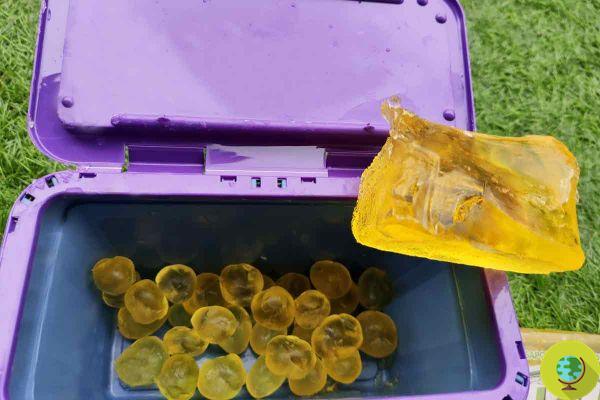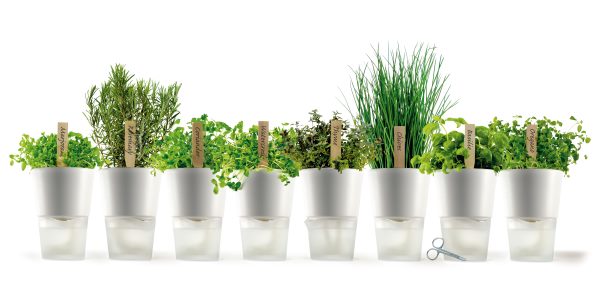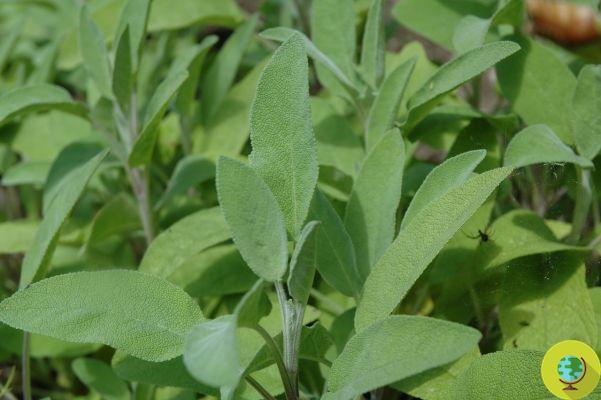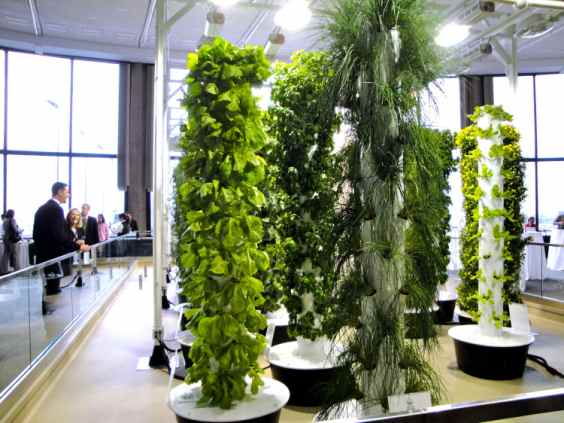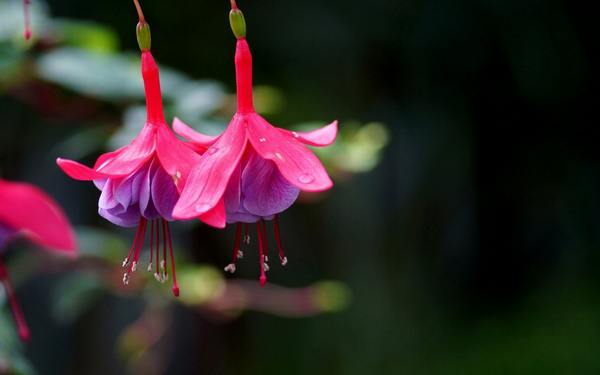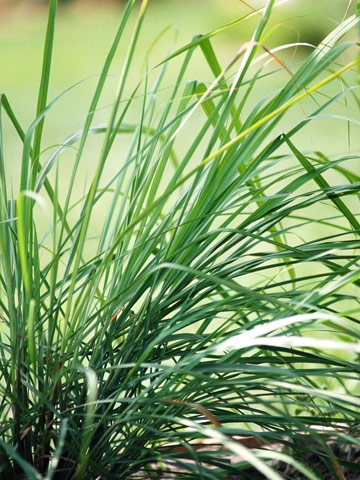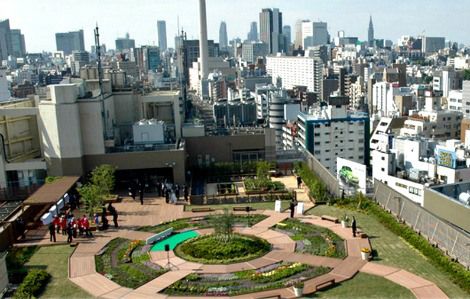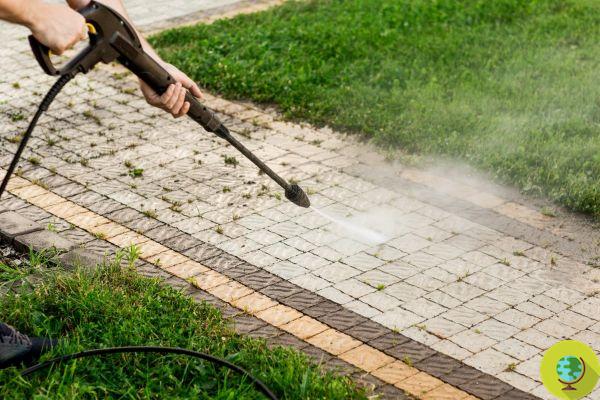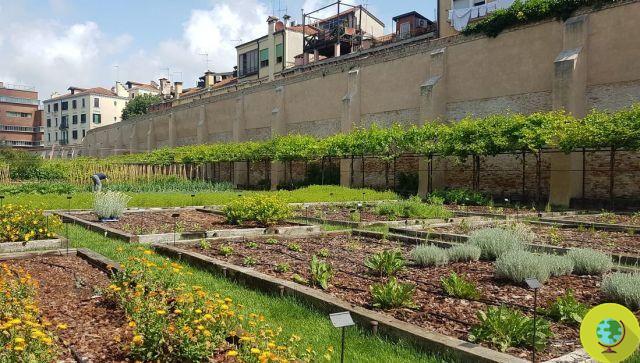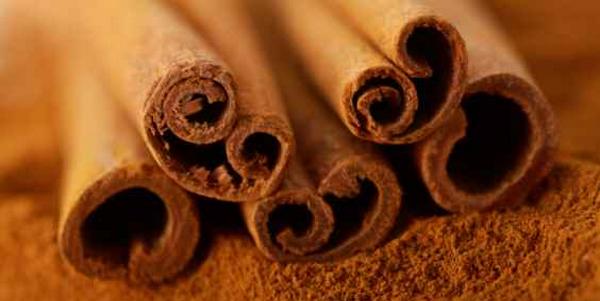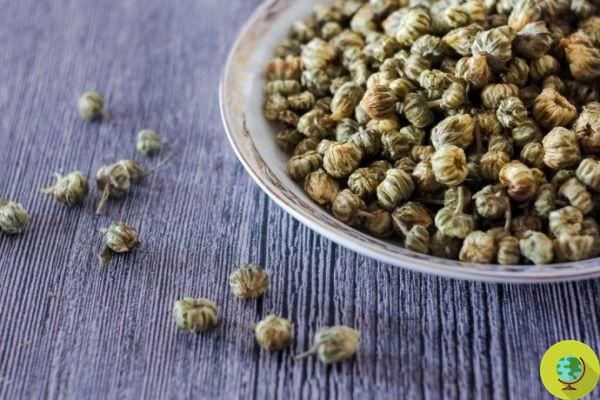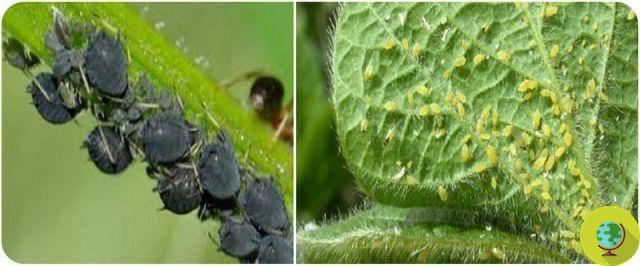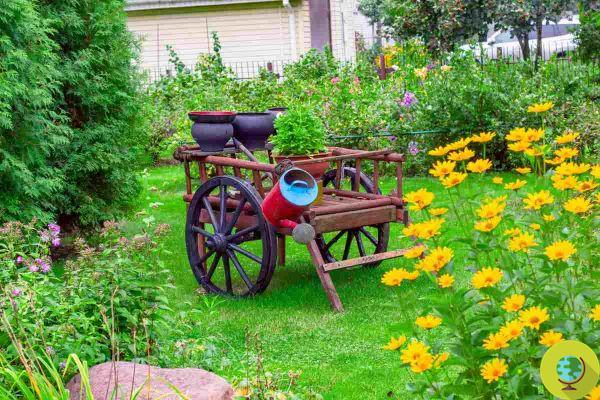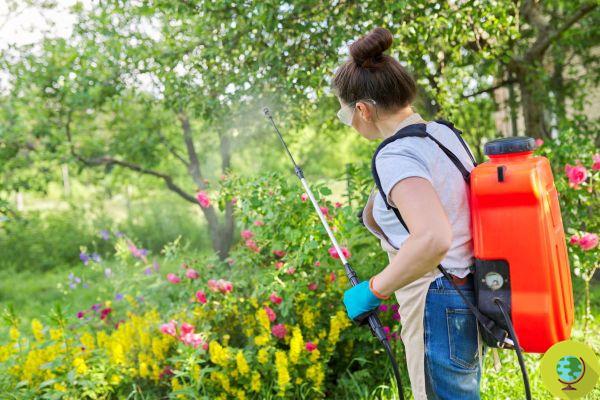
The insecticides commonly sold against aphids and parasites are dangerous for bees even in doses lower than those on the label.
He is about to end up run over, his mother saves himThe insecticides commonly sold to combat aphids and garden parasites are very dangerous for bees even in minimal doses, lower than those recommended on the label.
In fact, in most cases, these are neonicotinoid pesticides which, according to this new study by UC Riverside published in the journal Proceedings of the Royal Society B: Biological Sciences, would be harmful to solitary bees even when the dosage is below the expected rate on the label.
Chemically similar to nicotine, neonicotinoids are insecticides that protect against insects that consume plants such as aphids, but severely damage beneficial insects, such as bees. Unfortunately they are widely used by growers and commonly sold in nurseries.
We have many times: pesticides are enemies of bees, pollinating insects and many times the survival of the Planet and the balance of the food chain. In particular, neonicotinoids have been under accusation for some time. Already in 2018, the European Food Safety Authority had established in a report that these pesticides are harmful to both wild and honey bees. In particular, the Authority had updated its risk assessments of the three neonicotinoids, clothianidin, imidacloprid and thiamethoxam, which are currently restricted in the EU precisely because they are considered a threat to bees.
Now, this new research confirms that these pesticides harm solitary bees even when used in low doses. We recall that some time ago, an international study led by the University of Bologna had explained that a single meal of flowers contaminated by pesticides is enough to seriously damage the health of solitary bees, reducing their longevity and compromising their reproductive capacity.
Researchers did not look at large plantations, but rather the use of neonicotinoids in potted ornamental plants (nurseries), which can be the most potent and acute sources of exposure for bees.
"Neonicotinoids are often used on food crops as a seed treatment," explained UCR entomologist and study lead author Jacob Cecala. “But they are usually applied in larger quantities to ornamental plants for aesthetic reasons. The effects are deadly no matter how much the plants are sprayed. "
The team itself does not ask for this result, which is that this pesticide was lethal even at a low dose, since the neonicotinoids are soluble in water. Instead, the discovery is disturbing: during the experiment, even if the increase in water decreased the power of the pesticide in the nectar of the flowers, the negative effects on the bees were there.
“We have seen a lucky 90% irrigation in the reproduction of both high and low levels,” he said.
This study is also one of the few to examine the effects of neonicotinoids on ornamental plants on bees. Solitary non-honey bees do not have a queen or live in a hive but are essential for the balance of the ecosystem.
The experiment
The first time the team tried this experiment, they used the insecticide concentration recommended on the product label. All the bees died within days. The next time, she used a third of the recommended dose and again found negative effects on reproduction, the bees' ability to feed themselves and overall fitness.
To demonstrate that we too in our small way can make a difference by choosing to use only natural fertilizers and pesticides against the aphids of our plants
Source: Proceedings of the Royal Society B: Biological Sciences
Read also:
- Bee killer insecticides: France changes its mind and authorizes the use of neonicotinoids
- Bee die-off: in Europe bees poisoned by 57 different pesticides
- Bees die-off: shock study shows that common fungicides (also) cause it
- Discovered a new enemy of bees, the death does not stop




